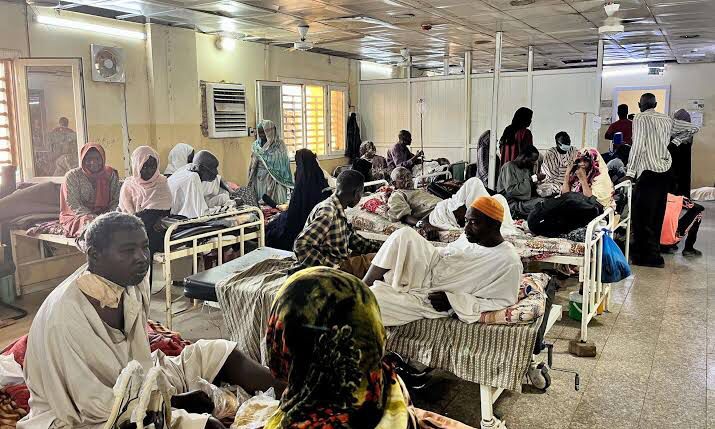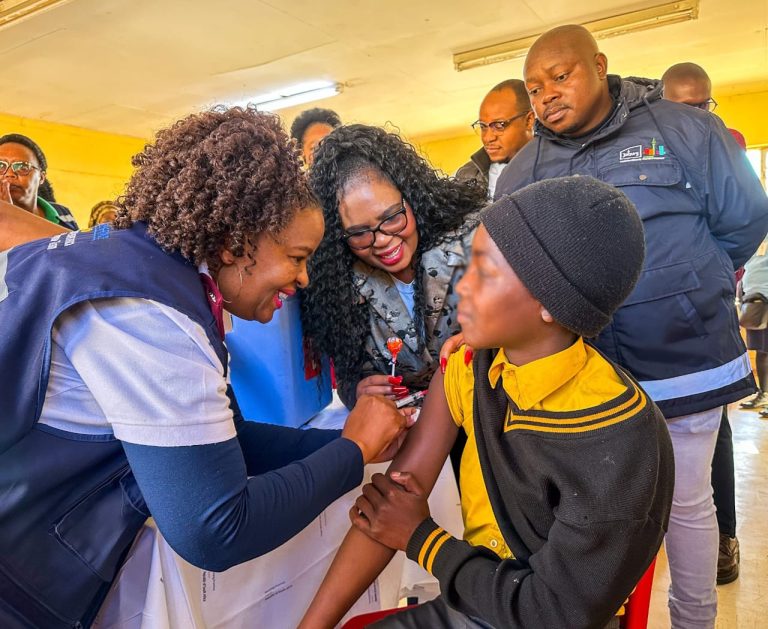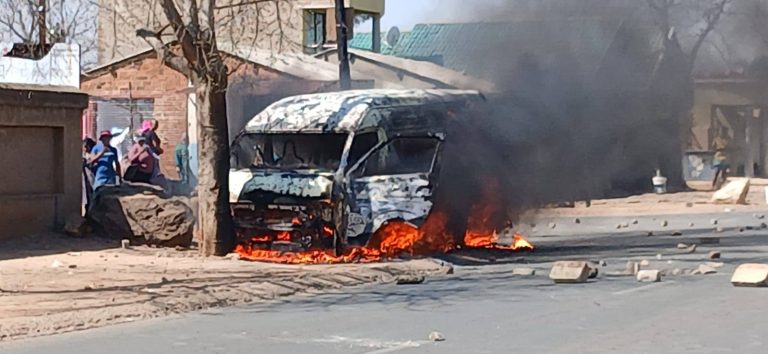
The National Institute for Communicable Diseases reports a significant surge in rubella cases, exceeding 2015 records.
(The Post News)– The National Institute for Communicable Diseases (NICD) has reported a significant surge in rubella cases, with over 8,700 IgM-positive cases identified by the end of week 40 in 2024. This alarming increase has been predominantly observed in children under the age of 15, particularly in the 5-9-year age group, who account for the majority of cases. This year’s numbers exceed those recorded since 2015, highlighting a concerning trend in rubella infections.
With the unprecedented number of rubella cases in 2024, it has overwhelmed fever-rash surveillance systems nationwide. Presently, an estimated 6,000 samples are awaiting testing due to delays in procuring diagnostic kits. The backlog includes samples collected from week 40 (commencing 29 September 2024) onward. While a seasonal increase in rubella cases is typically observed between September and December, the scale of the 2024 outbreak far surpasses previous years.
The NICD has attributed the sharp rise in rubella cases to an ‘immunity gap’ among children, stemming from the following factors:
- Lack of Prior Exposure: Immunity to rubella is lifelong, whether acquired through natural infection or vaccination. However, many children have neither been vaccinated nor exposed to the virus due to low transmission rates in recent years.
- Absence of Routine Vaccination: Rubella vaccination was not part of South Africa’s Expanded Programme on Immunisation (EPI) until 2024. To remedy this gap, the Department of Health is presently rolling out a combined measles-rubella vaccination (MRCV). Vaccination efforts will prioritize children at 6 and 12 months of age as provincial stocks of the measles-containing vaccine are depleted.
- Impact of COVID-19 Measures: Non-pharmaceutical interventions during the SARS-CoV-2 pandemic disrupted rubella transmission between 2020 and 2022, leaving many children unexposed to the virus. This has particularly affected children aged 5-14 years, who missed natural immunity-building opportunities during seasonal outbreaks.
Rubella, though generally mild, can have serious consequences. It presents with fever, maculopapular rash, myalgia, lymphadenopathy, conjunctivitis, and sometimes joint pain or mild encephalitis. Rare complications, such as Guillain-Barré syndrome, have also been documented.
The greatest concern is the risk of congenital rubella syndrome (CRS) in women infected during the first trimester of pregnancy. CRS can lead to severe fetal complications, including heart defects, hearing loss, and developmental delays. Clinicians suspecting CRS are urged to submit blood and nasopharyngeal swabs to the NICD for urgent testing. Priority samples must be clearly marked, and the relevant individuals notified to expedite testing.
The Department of Health and NICD emphasize the importance of vaccination to bridge the immunity gap and curb the spread of rubella. Parents and caregivers are encouraged to ensure their children receive the combined measles-rubella vaccine as per the updated immunization schedule.
Urging clinicians to be vigilant. Any suspected cases of congenital rubella should be promptly reported to the NICD using the Notifiable Medical Conditions (NMC) forms. As the country grapples with this outbreak, timely reporting, testing, and vaccination remain critical tools in managing the surge and preventing further cases.






